The Nvidia GeForce RTX 4070 is beyond speculation as the manufacturers have released a release date and price point for the power-packed GPU.
Given a release date of April 13th and a price point of $599, many speculated features were confirmed in slides released by Nvidia.
As per Nvidia, the RTX 4070, on paper, should deliver the same power and performance as the previous generation RTX 3080, neither of the cards using “Frame Generation.” The 4070 is set to be 1.2x faster than the 3070 Ti and 1.3x faster than the 3070 using DLSS 2.0.
Taking the slides into account, the GPU targets gaming at a resolution of 1440p with 100 FPS. This is assuming that Ray Tracing and DLSS 3.0 are enabled.
The 4070, when using DLSS 3.0 and Frame Generation, will be 1.4x faster than the RTX 3080, 1.7x than the 3070Ti, and 1.8x faster than the RTX 3070.
Almost double the number of games support the Frame Generation technology now. Testing titles without DLSS 3 support ensures that the clear difference in performance between successive generations is noted.
This clearly shows the jump in performance from the RTX 3080, loaded with 12GB of VRAM, to the RTX 4070, based on the new Ada Lovelace architecture.
It comes equipped with 4th Gen Tensor Cores, 3rd Gen RT Cores, new shader Execution reordering technology streamlining the rendering pipeline, the DLSS 3 technology, and the bonus AV1 encoders.
However, per benchmarks leaked earlier, it’s evident that the RTX 4070 is 19% slower than the 4070 Ti and is at par with RTX 3080. However, the Ti variant delivers the same performance as the RTX 3080 at 40% less power.
With the launch just three days away, gamers and enthusiasts will be interested in getting their hands on the GPU and its Ti variant, whose custom models are set to be priced at a premium.
About Nvidia
NVIDIA Corporation is an American multinational technology company incorporated in Delaware, based in Santa Clara, California. They design graphics processing units (GPUs) for the gaming and professional markets, as well as system on chip units (SoCs) for the mobile computing and automotive market.
Best known for the “GeForce” lines of GPUs, they are a direct competitor to AMD’s “Radeon” series. NVIDIA has also expanded its offerings with its handheld game consoles Shield Portable, Shield Tablet, and Shield Android TV and its cloud gaming service GeForce Now.
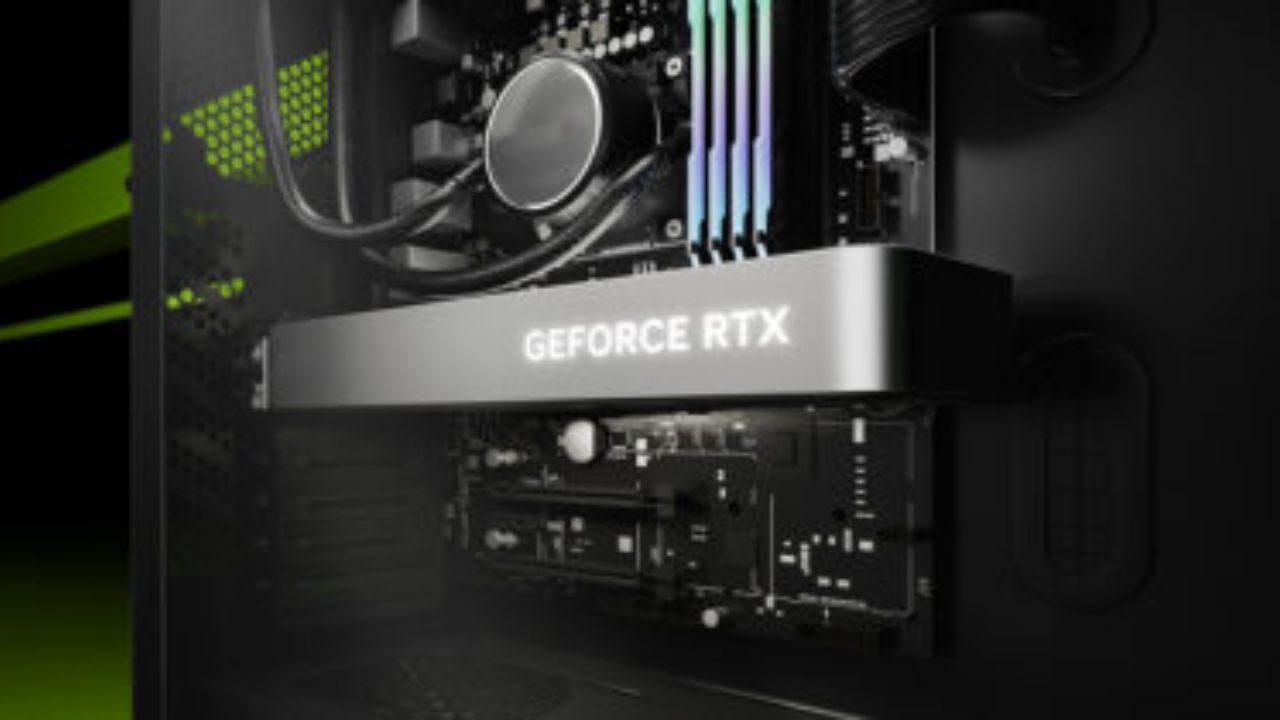
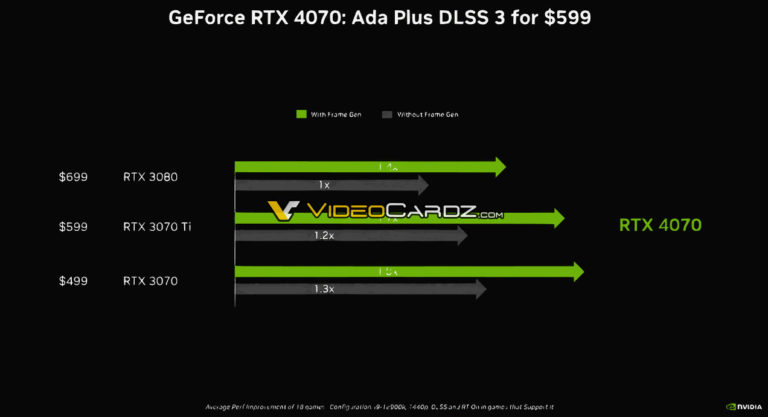
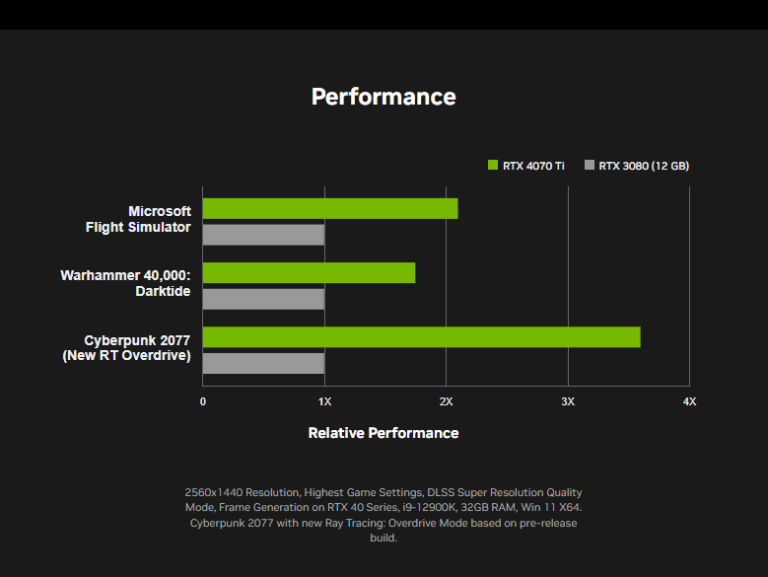

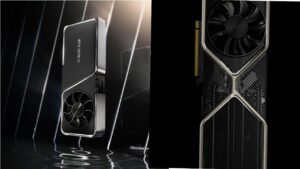
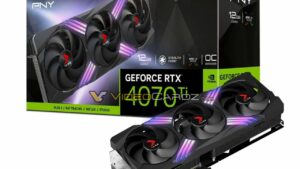
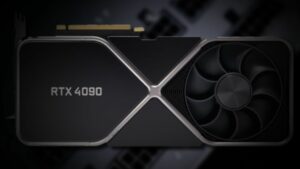



No Comments on RTX 4070 matches RTX 3080’s DLSS performance without frame-generation